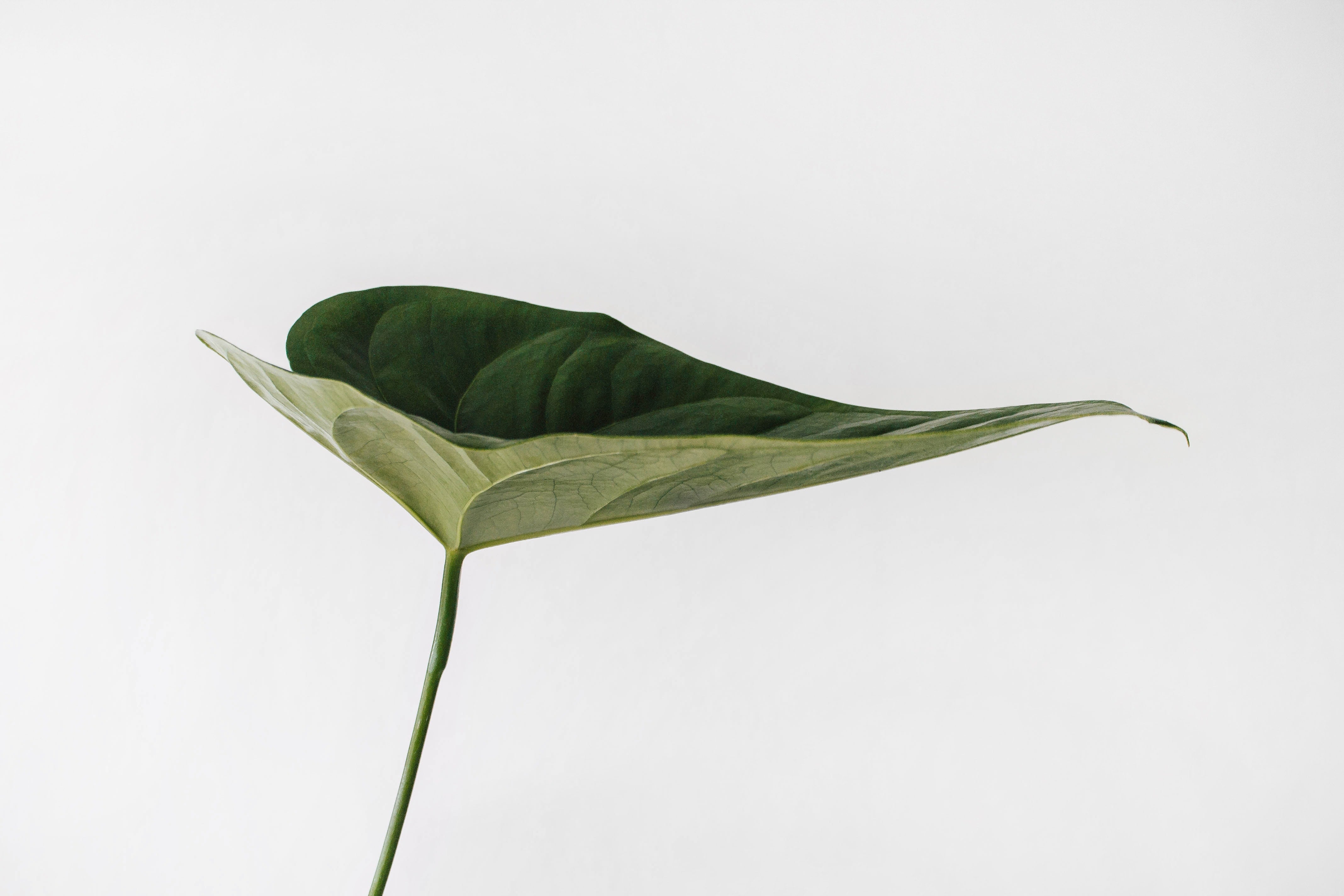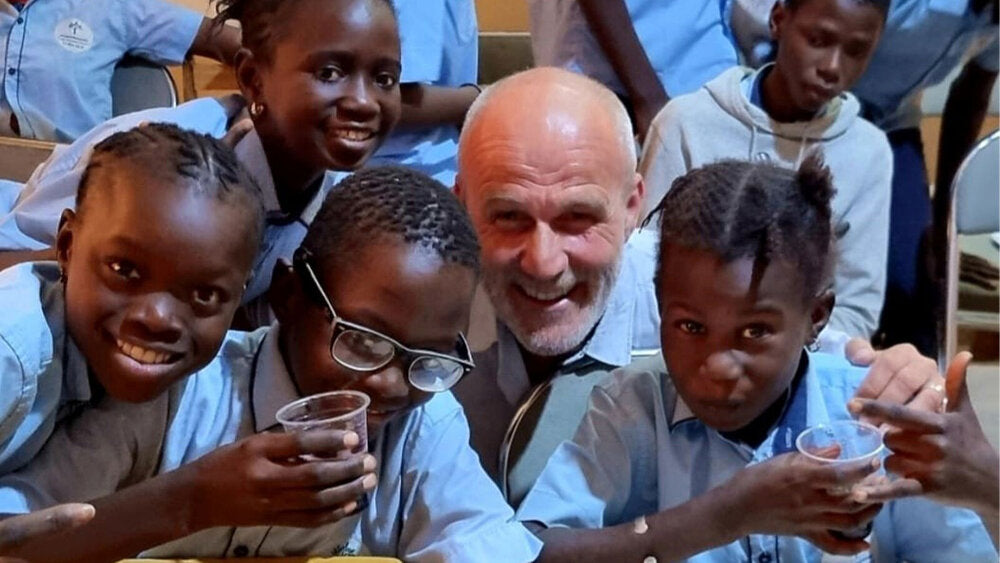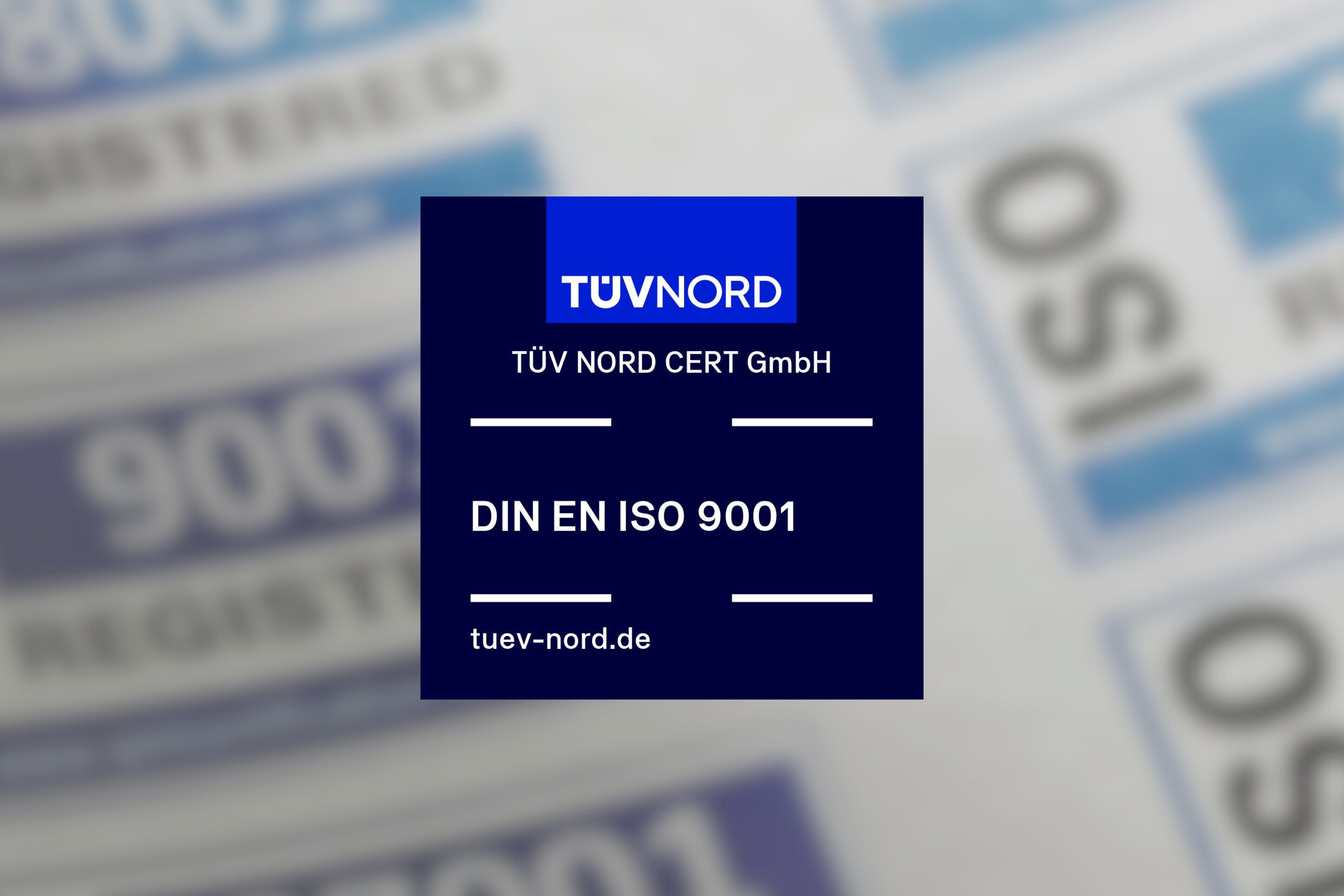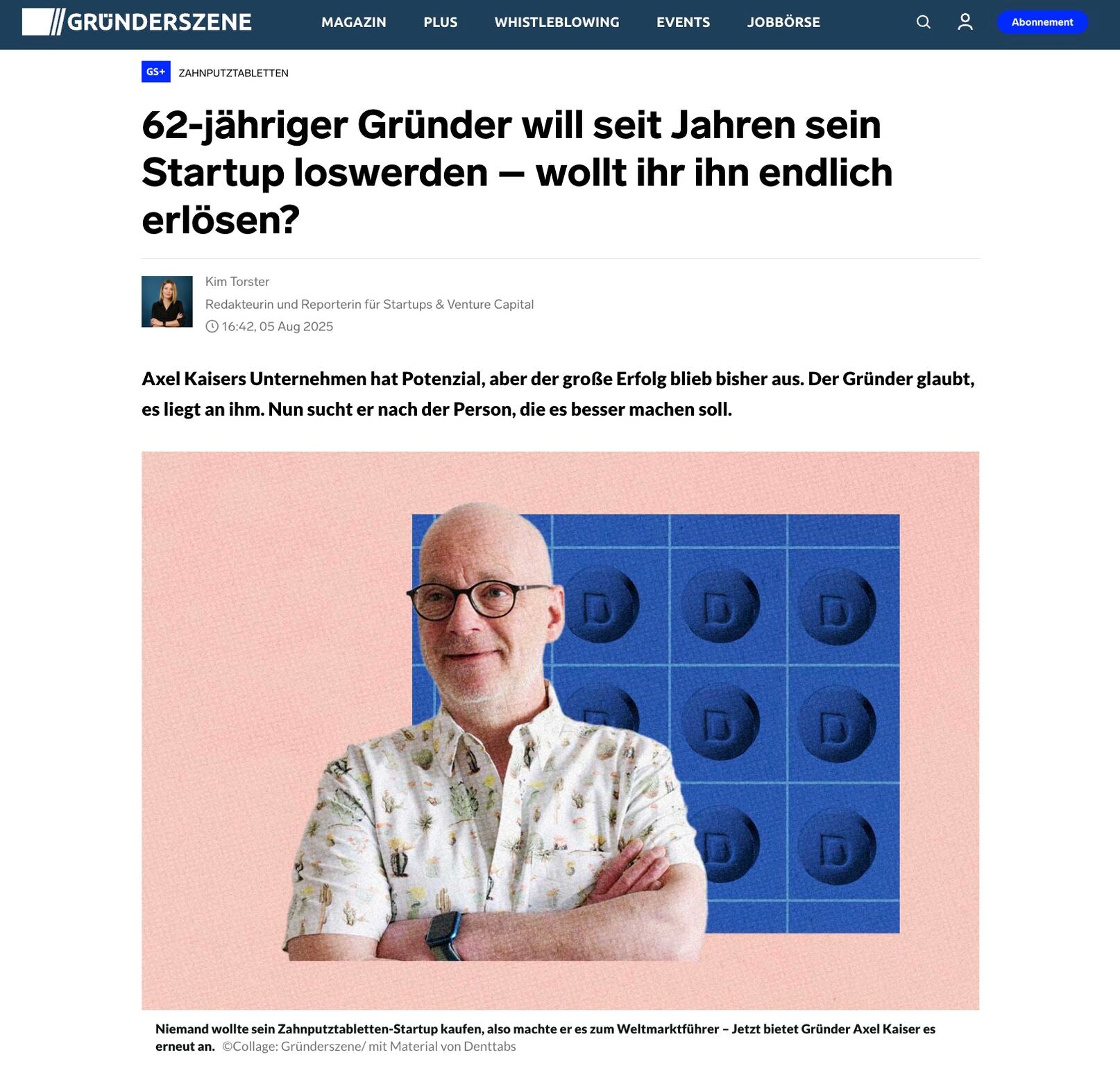The Denttabs interview series continues and we stay inside Denttabs for now and let our Sustainability Manager Nele Keshishian have her say. Nele has been with Denttabs for six months and ensures that we not only create a sustainable product for you, but that our internal processes are also sustainable and as green as possible. With Nele on the team, we don't just want to implement our mission, we want to add to it step by step and make an exemplary impact.
1. Dear Nele, you have been employed as Sustainability Manager at Denttabs since November. What was your personal motivation for pursuing this position at Denttabs?
I chose Denttabs because it was clear to me that I wanted to be a part of the movement that advances sustainable consumption and bans greenwashing.Denttabs is a very special company. On the one hand, we have been in the market for almost 20 years, mainly in the dental and pharmaceutical sector, but on the other hand, we are as fresh as a start-up, as we have just arrived in regular households with our re-branding in the package-free community and in larger retail chains about 2 years ago. This gives Denttabs an exciting dynamic of expertise and a breath of fresh air.
I think our toothpaste tabs represent exactly what we need right now. They are a creative solution that we can use in our everyday lives to conserve resources and protect the environment. I want to take Denttabs further in terms of sustainability, supporting the IPCC's goals and limiting global warming to a maximum of 1.5°C by 2050. I am very much looking forward to this challenge.
2. What does sustainability mean to you and how do you implement it personally so far?
Sustainability is a very big term. For me personally, it means seeing all processes in cycles. Humans should try to adapt to the natural cycles of our nature instead of consistently breaking them. It means that I reflect on my actions and become aware of my decisions and their effects.I also look at sustainability on different levels and from different perspectives:I evaluate not only the ecological, but also the social, political and economic aspects.I have been dealing intensively with these issues and the effects of my actions for years. Even as a teenager, I started adapting my own lifestyle, launching initiatives at school or eating a vegetarian diet - to the horror of my family (laughs). In the meantime, I've become a vegan and my family also eats a much more conscious diet overall.My voluntary social year with a large Indian environmental organization in Ahmedabad, India, in 2012 gave me additional impulses to change my awareness of consumption and daily behavior and to make my decisions more sustainable.During my various travels, I was repeatedly confronted with other concepts of life. These experiences helped me a lot to reflect and adapt my own everyday life. The throwaway and consumer culture in Germany particularly struck me, so that I keep this attitude until today and buy practically 99% used. Starting with clothes up to electrical appliances, if it is not absolutely inevitable, I avoid new purchases. For me, the second choice is always the first choice.
3. Where do you see the opportunities for a company to act sustainably? Where do you see difficulties?
Many companies don't dare to go down the path of sustainability because, on the one hand, they don't know where to start and, on the other, they think that everything has to be perfect overnight. I think it's a deceptive attitude and keeps companies from assuming their responsibility in our society. Compared to individuals, companies have much more leverage.
In this context, if you look at the IPCC report, you find that energy and water are the two biggest factors in climate change that we humans can actively influence. So the first thing to do is to look at where your own company consumes the most energy and water, and then, piece by piece, find resource-saving solutions for it.
It can sometimes be frustrating when you realize that often there simply aren't yet the optimal solutions you want for your company or your own products. In other words, it is not uncommon to have to settle for a milestone solution, or a solution that is still on the way. An action that may be seen as an optimal solution regionally may have a completely different effect internationally. Grasping this dilemma in its entirety and making incremental adjustments is the challenge we all face.
Associations such as Bundesverband Nachhaltige Wirtschaft (BNW) provide support along the way, and Denttabs is also always ready to offer advice to motivated entrepreneurs.
4. What is your role at Denttabs?
My role as Sustainability Manager at Denttabs is to drive us forward as a sustainable company and to make these two words inseparable. Our strategy and goals are based on scientific evidence from the IPCC with the 1.5°C target [The Special Report of the Intergovernmental Panel on Climate Change (Global warming of 1.5 deg C), 2018.
https://www.ipcc.ch/sr15/ ]and decisions of the European Green Deal (esp. the EU Climate Law) [The EC Proposal for a European climate law to ensure a climate neutral European Union by 2050, 2020.
https://ec.europa.eu/info/files/commission-proposal-regulation-european-climate-law_en], which also relate to the IPCC. Through this strategic and evidence-based approach, I support Denttabs in making an effective contribution to the fight against climate change and actively protecting the environment.
We have created an innovative product with our toothbrush tablets, but we also know that we are not perfect. Nevertheless, that doesn't stop us from continuing to pursue our goals. Especially our founder Axel drives us all to come up with innovative solutions "outside the box."[To the interview with our Founder Axel Kaiser]
In doing so, auditing and ultimately transparent reporting are crucial. This way we can prevent greenwashing and remain open for valuable feedback from our customers.
5. What are important issues you want to address at Denttabs in 2020?
In 2020, we at Denttabs want to go back to basics and back to the future. This means that we will take another fundamental look at our water and energy consumption, optimize it, and document and audit our achievements to date. At the same time, we do not want to lose sight of innovative solutions. In addition to creative solutions to conserve resources for the entire company, we also want to make further sustainable progress in the development of our products. We know how much this is important to our customers. Therefore, in addition to conserving resources, our focus is specifically on reducing plastic consumption throughout our production cycle.
We also want to communicate more openly what we have achieved so far - and what we haven't yet. For example, in recent months we have replaced our single-use foil-lined cartons in our production chain, which were used to transport our toothpaste tablets for further processing, with reusable barrels. With the barrels, we found a durable alternative with appropriate barrier properties, but had to accept a high financial investment for this. However, calculated over the course of a year, the switch has already saved us several tons of packaging waste. Not every switch is so cost-intensive - quite the opposite.
Of course, we are also affected by the current situation due to COVID-19, but we are confident that we will be able to stick to our high goals, especially now.





Split:
Working sustainably in the home office
Denttabs donates the VAT savings